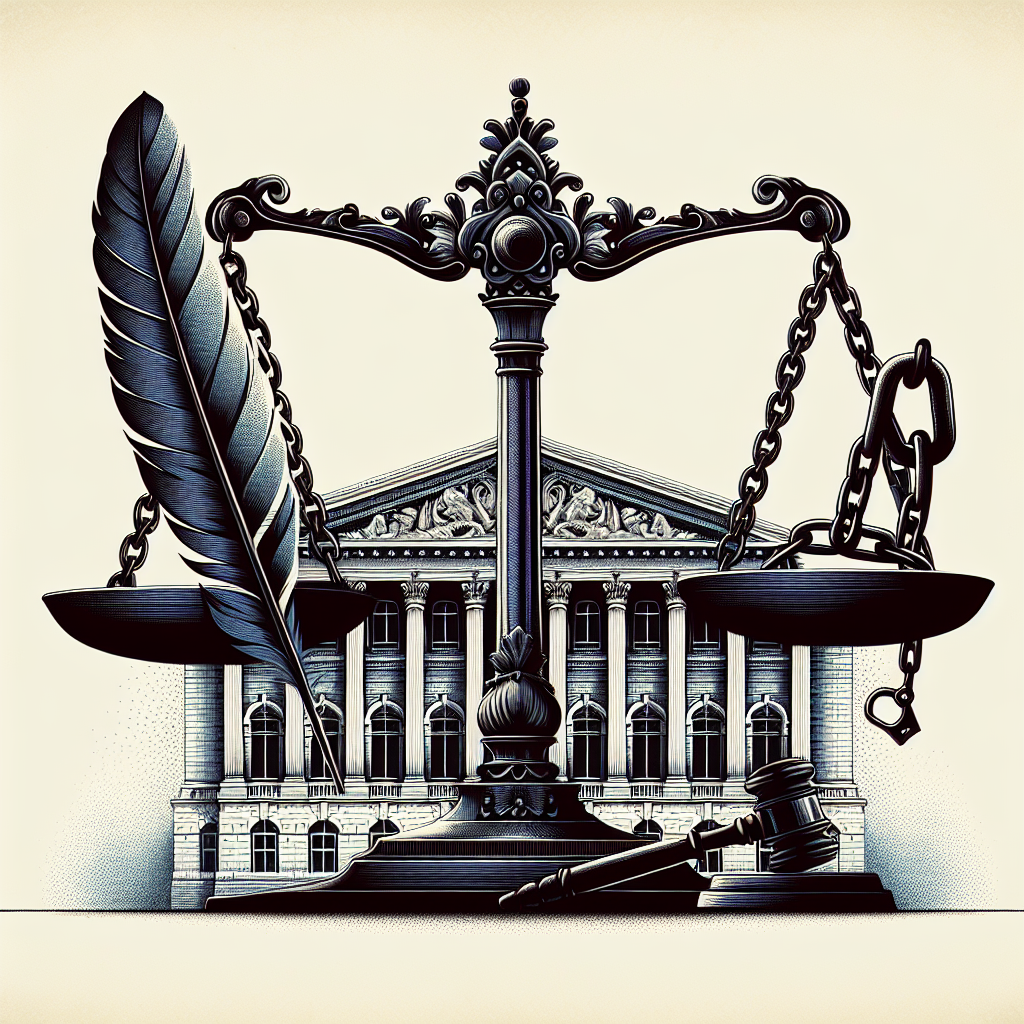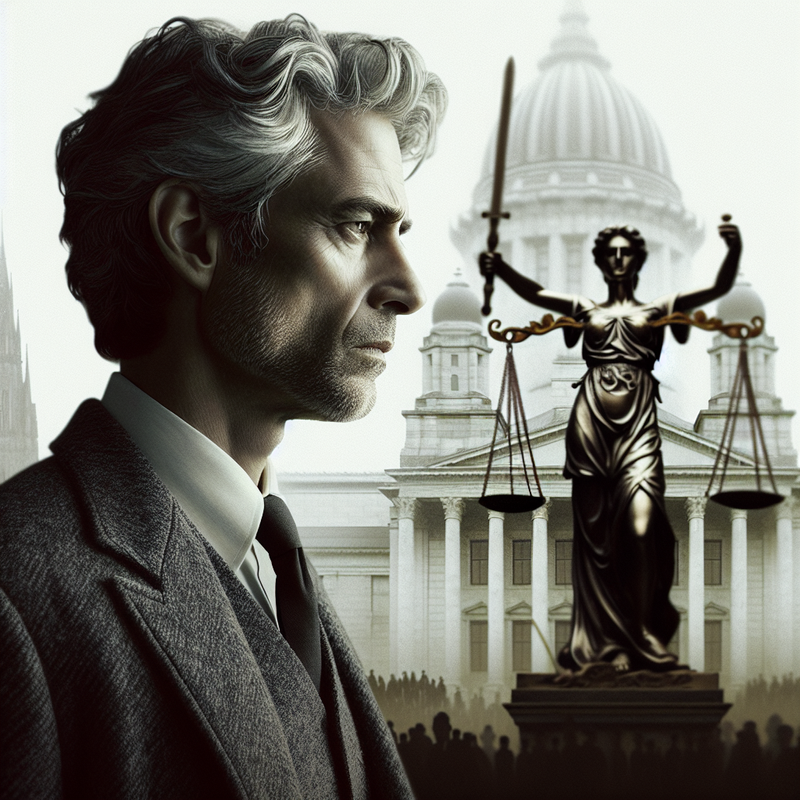UK Court Delays Assange Extradition Pending US Assurances
The decision to delay Julian Assange's extradition opens a new chapter in the ongoing debate over press freedoms, as the U.S. faces pressure to provide assurances about his treatment and potential trial.
In a significant development in the Julian Assange saga, London's High Court has ruled that the WikiLeaks founder will not be extradited to the United States immediately. The court has given the U.S. government a three-week deadline to provide "assurances" regarding Assange's treatment, should he be extradited, including guarantees that he will not face the death penalty, will be entitled to rely on the First Amendment for his defense, and will receive a fair trial.
The case centers on the U.S. government's indictment of Assange on 18 counts related to one of the most significant leaks of classified information in U.S. history. The charges, which include espionage and computer crimes, have ignited a fierce debate over the extent of press freedoms, especially regarding the publication of sensitive government documents. Free press advocates argue that the charges are an attack on legitimate journalistic activities, while prosecutors contend that Assange overstepped by allegedly encouraging theft of files and attempting to help crack a password.
Concerns over Assange's health and the conditions he might face in U.S. custody were key factors in the court's decision. Fears that Assange could be subjected to cruel and inhumane treatment in prison and might face a heightened risk of suicide have been echoed by human rights organizations and were instrumental in the previous UK court ruling against extradition.
Stella Assange, Julian's wife, reacted with "astonishment" to the latest ruling and called on the U.S. to cease their prosecution, arguing that it represents "a shame on every democracy." Her statement captures the sentiment of many who view the case as emblematic of broader issues related to transparency, press freedom, and the rights of individuals against state power.
As the date for the further hearing in May 2024 approaches, the global community watches closely. The outcome of Julian Assange's legal battle is poised to set a significant precedent for how democratic societies define the boundary between national security and the freedom of the press. This case, fraught with legal, ethical, and human rights implications, remains a litmus test for the commitment of democratic governments to uphold the principles of transparency and freedom that they profess to cherish.





